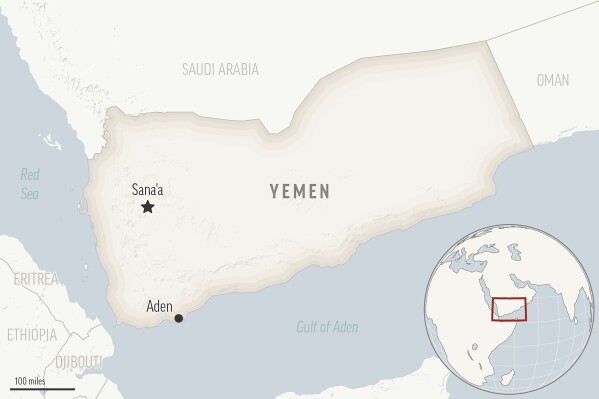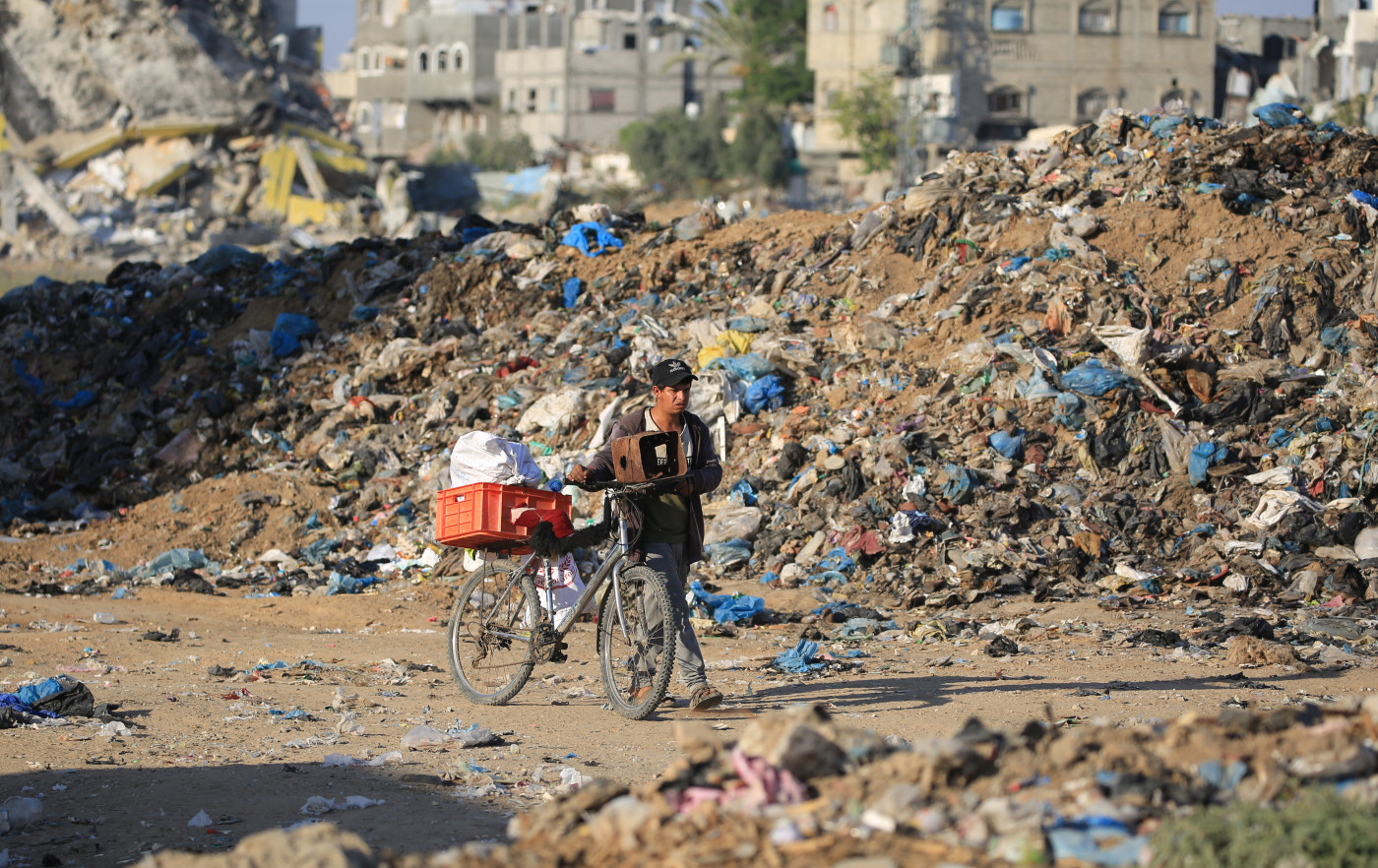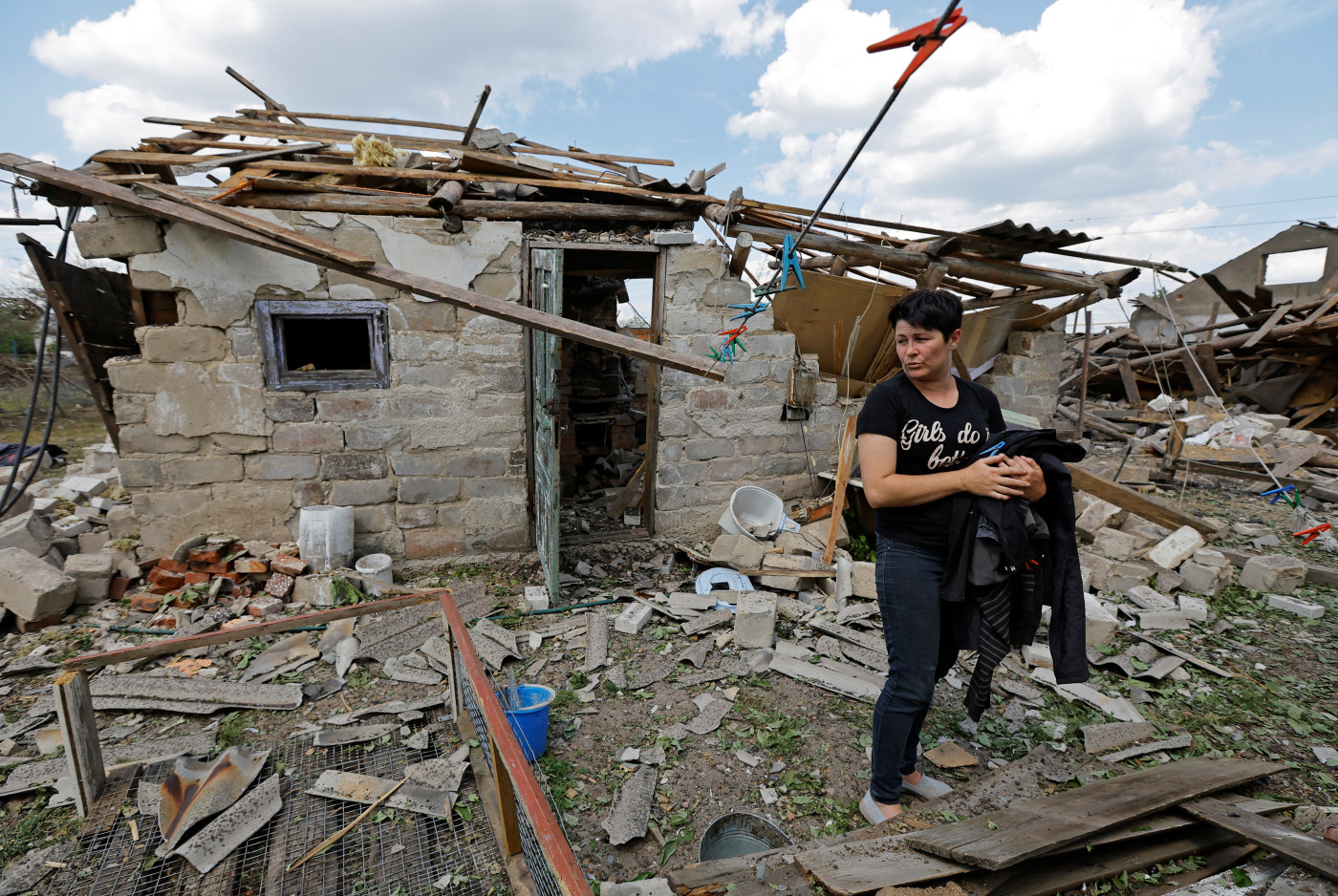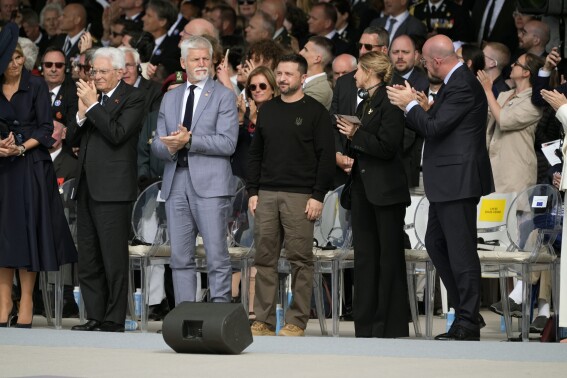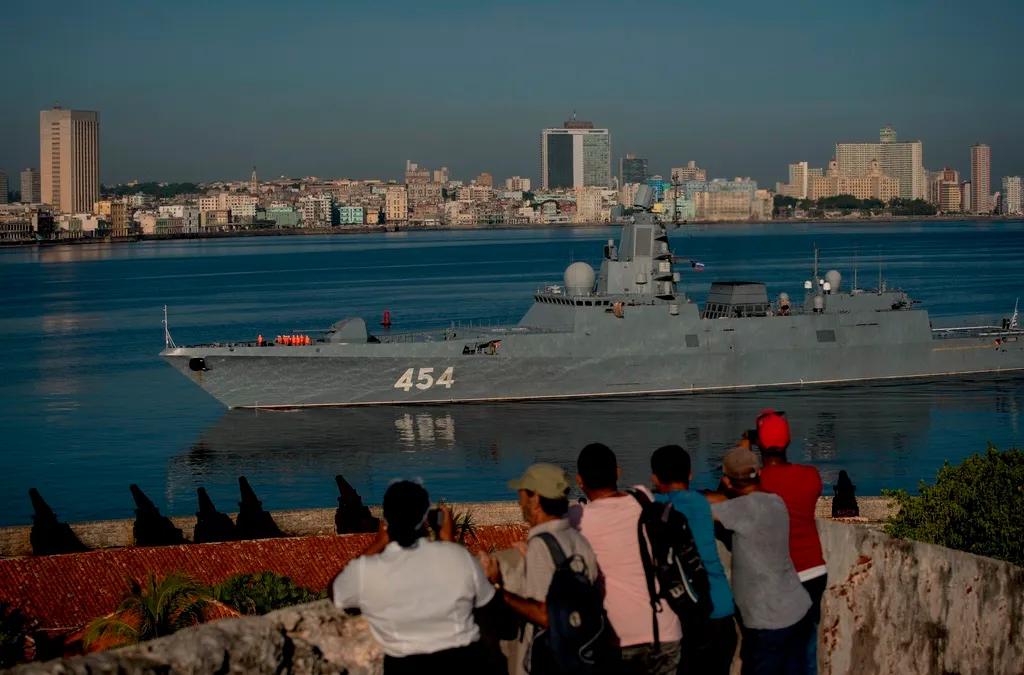Russian TV Threatens To Deploy ICBMs in the Caribbean
A prominent Russian propagandist has urged Moscow to deploy nuclear-capable ballistic missiles in the Caribbean in response to NATO's deepening involvement in Ukraine, and as the Kremlin sends warships on a visit to Cuba.
Olga Skabeyeva—who has previously acknowledged her "aggressive imposition" of Kremlin interests—said on her television show on Thursday that Moscow needs to pose a direct strategic threat to the U.S. to deter NATO support for Kyiv, which in recent weeks has seen Ukraine win new commitments on military aid and permission to use Western weapons within Russian borders.
"Europeans are probably scared, but Europeans don't decide anything, and Americans don't care," Skabeyeva said, per a translation posted to X (formerly Twitter) by Ukrainian internal affairs adviser Anton Gerashchenko.
"Once again, back to the thesis that we need to pose a strategic threat to the U.S. itself, or else nobody really cares," the host said.
"That means [our] missiles in Cuba, Mexico, and support for all the anti-American proxies around the world," Skabeyeva said. "And weapons to the Houthis right now. That's the only one of the things that can be done without going to the nuclear stage for a while. Everything else has not been working lately."
Moscow is fuming following cascading Western approvals for Kyiv to strike at targets within Russian borders using advanced NATO weapons, a response to Russia's new offensive in the northeastern Kharkiv region, which for a time appeared to threaten a frontline breakthrough.
President Vladimir Putin said this week that the use of long-range Western weapons inside Russia may prompt retaliation. "That would mark their direct involvement in the war against the Russian Federation, and we reserve the right to act the same way," Putin said.
"If they consider it possible to deliver such weapons to the combat zone to launch strikes on our territory and create problems for us, why don't we have the right to supply weapons of the same type to some regions of the world where they can be used to launch strikes on sensitive facilities of the countries that do it to Russia?" Putin said.
Russia's decision to send four warships—among them the Gorshkov cruiser and the Kazan nuclear-powered submarine—on a visit to Cuba has been interpreted as a response to Western steps in Ukraine.
"Russia is likely to send combat naval vessels to the Caribbean, with potential port calls in Cuba and possibly Venezuela," Pentagon spokesperson Maj. Charlie Dietz said on Thursday. "Aircraft deployments or flights in the region are also anticipated. These deployments are part of Russia's routine naval operations and pose no direct threat to the United States."
Putin last week also made a thinly veiled nuclear threat against the West, warning: "They should keep in mind that theirs are small and densely populated countries, which is a factor to reckon with before they start talking about striking deep into the Russian territory."
Others in Moscow—among them former President Dmitry Medvedev, who though considered outside the Kremlin power core is a barometer for the pro-war hawks—have been less cryptic.
"The use of tactical nuclear weapons can also be miscalculated," Medvedev wrote on Telegram, noting there is "potential" for strategic weapon use. "This would be a fatal mistake. After all, as the president of Russia rightly noted, European countries have a very high population density."
"This, alas, is not intimidation or a nuclear bluff," Medvedev said. "The current military conflict with the West is developing according to the worst possible scenario. There is a constant escalation in the power of applicable NATO weapons. Therefore, today no one can rule out the transition of the conflict to its final stage."
Disclaimer: The copyright of this article belongs to the original author. Reposting this article is solely for the purpose of information dissemination and does not constitute any investment advice. If there is any infringement, please contact us immediately. We will make corrections or deletions as necessary. Thank you.
